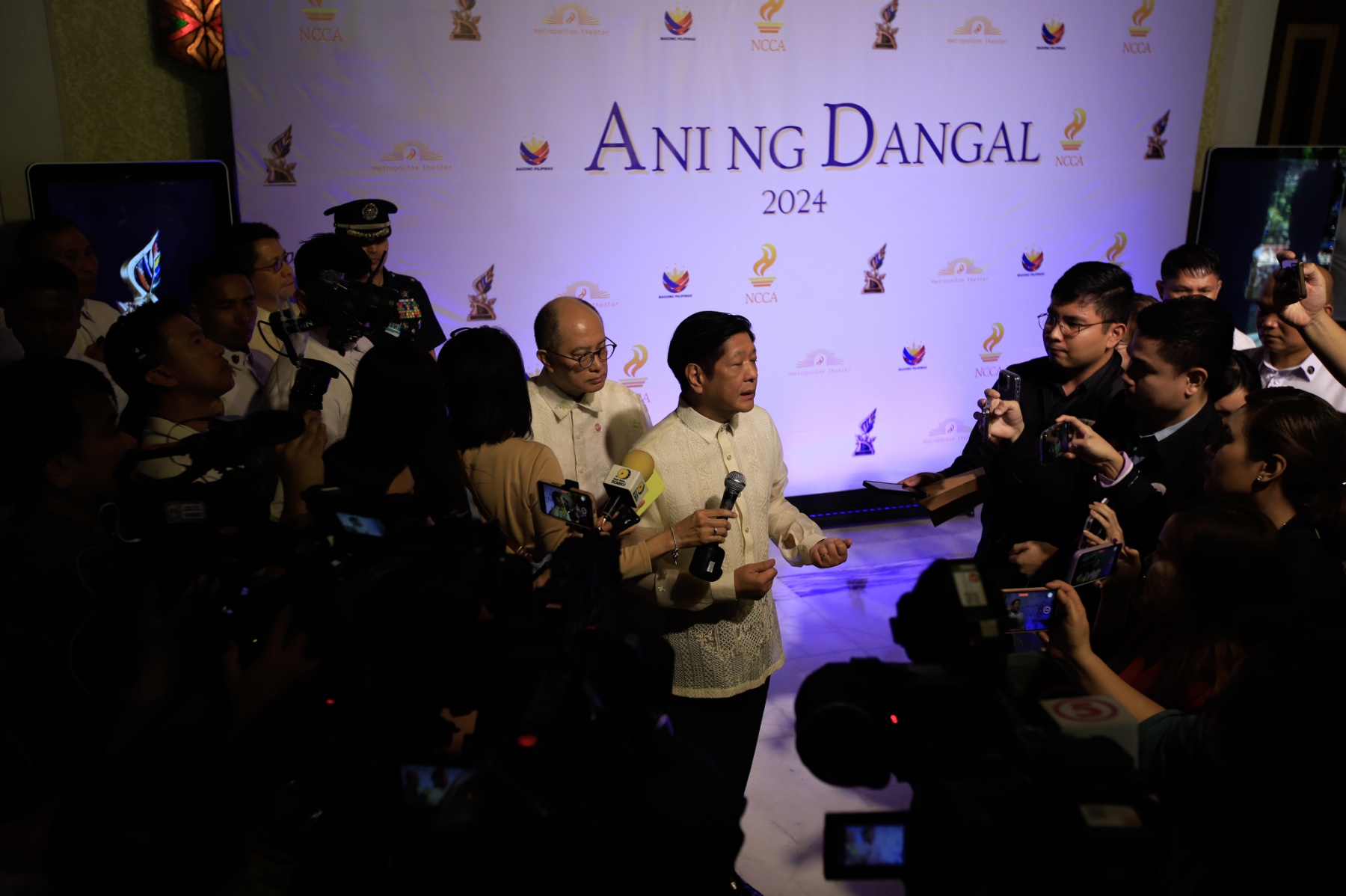While President Marcos said the Philippines will remain an open country, he sees no reason to either approve or deny the presence of International Criminal Court (ICC) investigators in the country, unless they do something illegal.

"I don’t approve or deny. You know, they haven’t done anything illegal. Once they do of course, we will do something about it but the--- we’re an open country, we’re not a closed country. So, sure yeah," Marcos said in an interview when asked if he approves of the presence of ICC in the country.
The President made the remark on Tuesday, Feb. 20, as he maintained his stance that the ICC has no jurisdiction over the country.
He was asked if there is a possibility to change his stand on this matter, considering that 55 percent of Filipinos approve of the cooperation of the government with the ICC probe on the human rights violations committed during the previous administration's war on drugs.
"It opens Pandora’s box because it’s still those questions of jurisdictions and sovereignty that I haven’t yet seen a sufficient answer for. Until then I do not recognize their jurisdiction in the Philippines. I cannot--- that seems to be the only logical conclusion that you can come to in that situation," he said.
Marcos was also asked whether or not he would change his mind later on if he sees more evidence in terms of the probe, he said "it is not about the evidence, it is about the jurisdiction of the ICC."
"No. It’s not about the evidence, it’s about the jurisdiction of the ICC in the Philippines. They can produce as much evidence as they want but they cannot act upon it in the Philippines. That’s the point," he said.
Last month, Marcos made a pronouncement that the Philippines will "not lift a finger" to help the ICC in any of its investigations in the country.
He then said that they are watching the ICC's movement to make sure "that they do not come into contact with any agency of government."
Marcos bared that he has told the police and local governments to not respond to the ICC as he does not recognize the body's jurisdiction over the country.